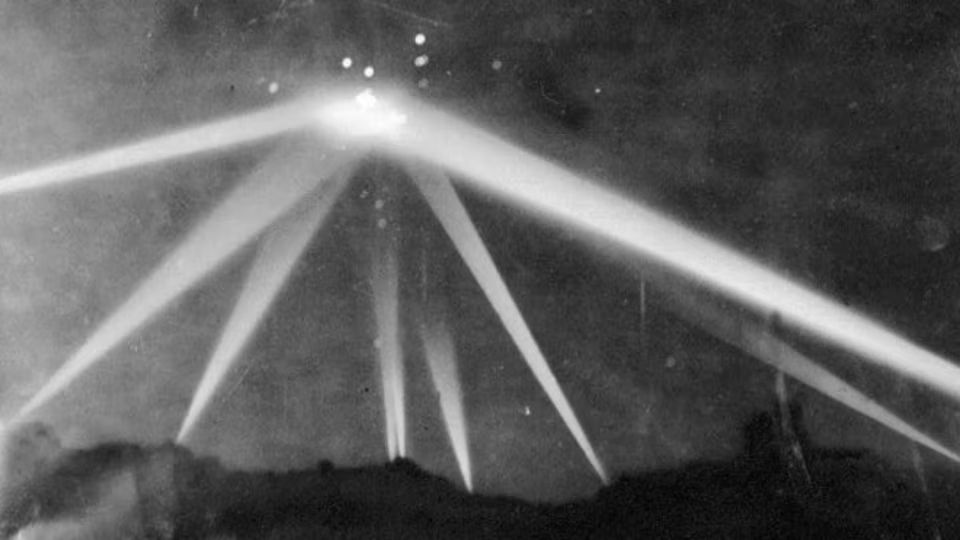THE ZULU WAR PUT LAND OVER THE LIVES OF AFRICANS
COMMENT
SHARE

Colonialism is a part of history that, while many may wish to forget it, still affects large populations of the world. An example of this is the nation of South Africa and the surrounding areas. While there are plenty of other events that preceded and came afterward, there is no denying the aftermath of the Zulu War would go on to shape the southern part of the continent in ways that are still seen today. What would stem from a border dispute between the two sides would escalate into a full-blown conflict leaving men to die and cultures to remain fractured as a result. Read next:John Brown's Raid: The Dress Rehearsal for the Civil War
Who Won the Zulu War?
British forces would win the Zulu War, which is also formally known as the Anglo-Zulu War. The war took place in 1879 and lasted six months, but it had sweeping effects on the region. Furthermore, smaller conflicts took place for decades before and after the actual war. England would eventually take over Natal, which had control over Zululand, and the attempt to make the Zulu Kingdom a part of its worldwide empire would lead to conflict between the two sides. Despite England's having better weapons and tactics, the Zulu warriors were able to fend for themselves; however, it would ultimately prove too great a task. Britain would annex the Zulu Kingdom into its empire, officially beginning British colonial rule in South Africa and the end of Zulu’s independent nation.
Border Disputes Lead to an Invasion
Lieutenant General Frederic Augustus invaded Zululand from the southern African republic of Natal, which Britain would take control of following the Boers (Afrikaners), who were descended from Dutch colonists. Back in 1838, before the Zulu War, the Boers went north and fought the Zulus as a result of looking to avoid British colonists. In 1843, with the British taking over Natal and Zululand, this would officially shift things to England’s control. Following the death of King Mpande in 1872, his son Cetshwayo would take over and work to resist all European settlements. Britain would demand that troops disband in territories they now claimed, birthing a deadly conflict between them. As Britain invaded Zululand, around 1,300 British troops died at Hlobane Mountain. Sadly for the Zulu, these good fortunes would not continue, and the Battle of Khambula would turn the tide for the British. The Zulu Wars would come to an end at Ulundi in July of the same year after Cetshwayo’s forces became outmatched. Following the surrender to the British, the Zulu battle was far from over. Zulu Wars with British forces would lead to several uprisings.
How Did the Zulu War End?
The end of the British-Zulu War took place on July 4, 1879, with England emerging victorious. Officially, the conflict would end on August 23, 1879, following the signing of the Peace Treaty of Pretoria. However, despite the defeat of King Cetshwayo and his men, all of the bloodshed would end up in a reversal of power years later. Thousands would die during the war, and while southern Africa became a part of Great Britain, this would end in 1961. It should be obvious, but the Zulu War was a dark time for Africa and everyone involved. It was a product of imperialism that, in hindsight, should have never happened. Today, we continue to see wars fought for similar reasons, albeit not as blatantly. Still, many wonder when mankind as a whole will realize that such activities ultimately gain nothing but destruction for all of us. Suggested read:Korean War Dates: Three Years of Battle, a Lifetime of Recovery
Image: Photos.com / Thinkstock
Join the Conversation
BY BUDDY BLOUIN
Buddy Blouin is a Contributing Writer at VeteranLife.com
Buddy Blouin is a Contributing Writer at VeteranLife.com



